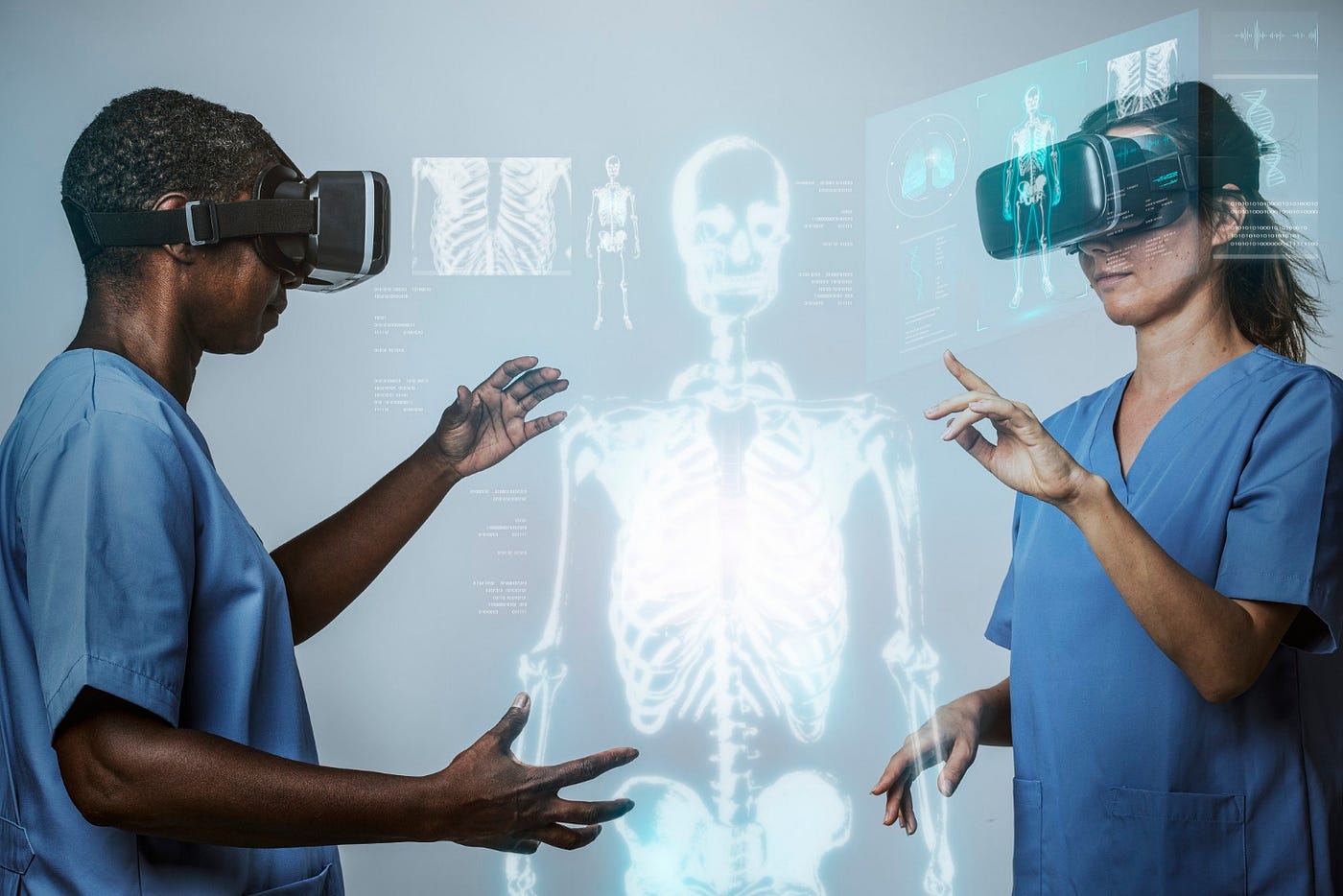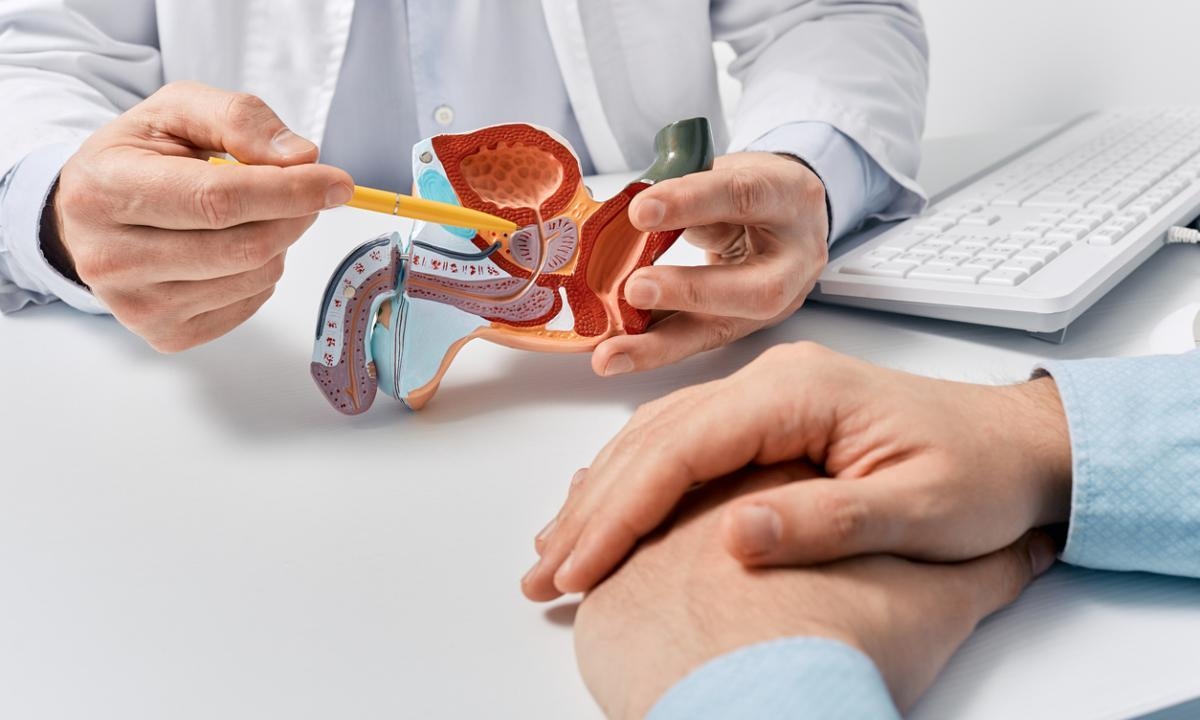
The Importance of Knowing When to Ask for Help
As a physician, it's important to exude and project an image of confidence, knowledge, and decisiveness. After all, the eyes of patients, families, nursing staff, ancillary staff, and trainees are on you. There is no room to question or doubt yourself in the public eye.
Recently, I was preparing to perform a kidney biopsy, knowing that it would be a difficult case. Prior procedure records noted that the patient's case was not straightforward; however, the patient needed the biopsy, and I was up for the challenge. Under ultrasound and a radiologist's guidance, we identified the site of entry, however there was bowel and abdominal vessels in close proximity. The radiologist called the interventional radiologist who acknowledged the challenge and said "good luck." Normally, I would let my fellow attempt the first few passes, but with this degree of difficulty, I gowned up and prepared to perform the biopsy. At this point, the patient was stable, but had been under anesthesia for some time. I positioned the needle and after analyzing multiple views to visualize a safe pass, I withdrew without shooting the needle. I had the staff reposition the patient and asked for a senior nephrologist to come to do the biopsy. Of course, after repositioning the patient, there was a safe window to perform the biopsy and my colleague easily completed the procedure.
I felt embarrassed that I was not the one who completed the biopsy and that a simple maneuver completely changed the risk landscape. Should I have waited another five minutes to call for help? At the end of the day, the patient is safe, we got the tissue sample we needed to inform clinical decisions, and I taught my fellow an important lesson -- one that I have learned from my predecessors. Thinking back, the radiologist made the first call for assistance, and I made the second call -- 4 sets of attending physicians' eyes ensuring a successful outcome.
We must never let pride get in the way of patient safety and knowing when something is beyond our level of technical or fundamental expertise. I've been fortunate to train under renown experts who have stressed the importance of asking for help, whether it be in the operating room, procedure room, intensive care unit, patient bedside, or in clinic. It's a tough call to step away, to abort the procedure or treatment plan that had been carefully thought out and arranged, but in the words of Confucius, "true wisdom is knowing what you don't know."
Call for help, call for a consult, ask for a second opinion, err on the side of caution. When you get to a certain level of and intellect and expertise, those seeds of doubt and uncertainty are the ones that need to be explored and understood, not suppressed or dismissed, no matter how inconvenient. These principles are not only limited to clinical practice, but can be broadly applied in other scenarios requiring outcome-based decisions.
Trending
-
1 Mental Health Absences Cost NHS £2 Billion Yearly
Riddhi Doshi -
2 Gut Check: A Short Guide to Digestive Health
Daniel Hall -
3 London's EuroEyes Clinic Recognised as Leader in Cataract Correction
Mihir Gadhvi -
4 4 Innovations in Lab Sample Management Enhancing Research Precision
Emily Newton -
5 The Science Behind Addiction and How Rehabs Can Help
Daniel Hall





Comments